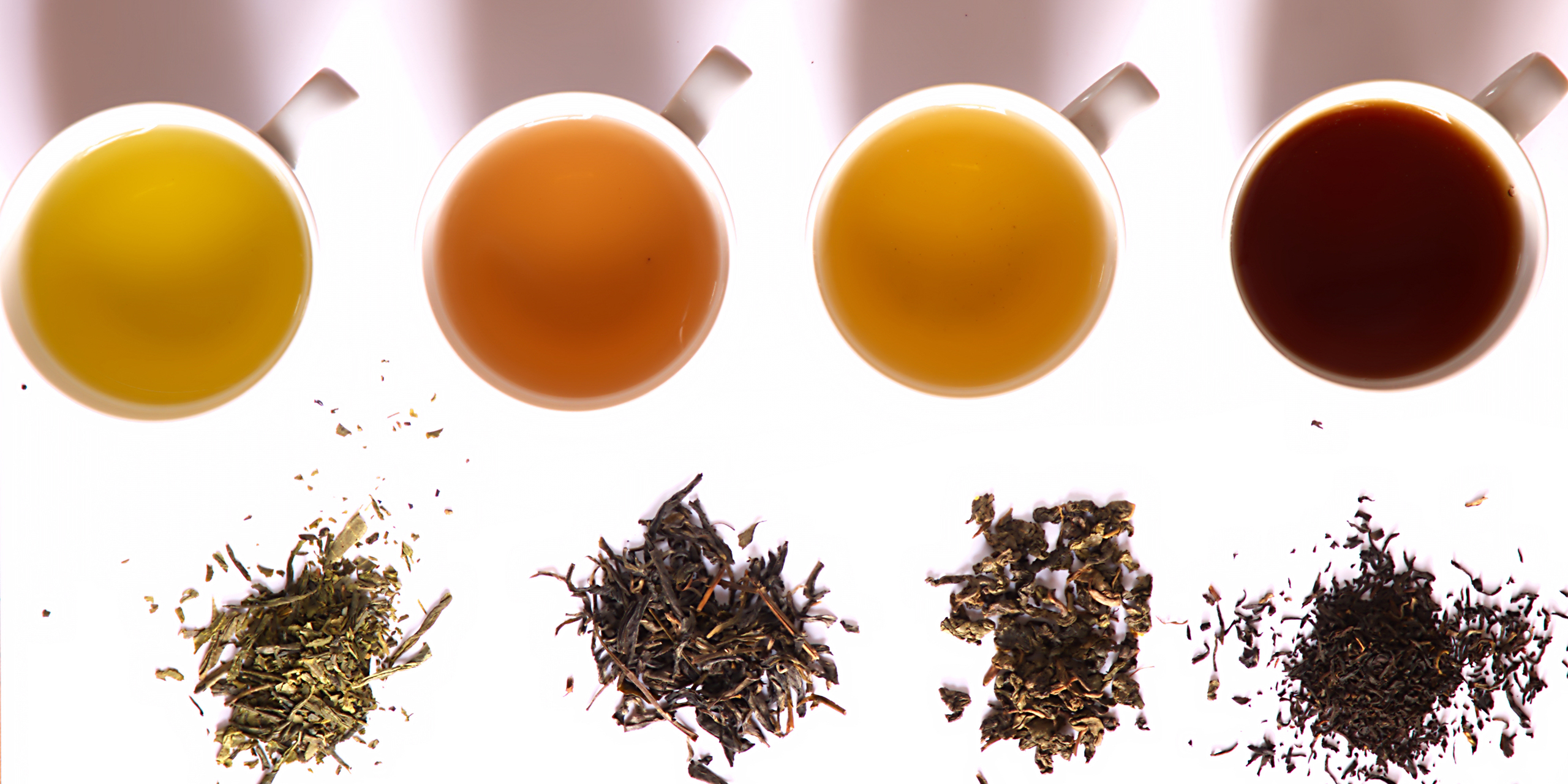Sneakiest Sources of Caffeine

If you’ve ever had a cup of coffee, glass of iced tea, or sip of soda, you know how great that perk of caffeine can be. But that perk comes with a few major drawbacks, the most critical being decreased sleep health. We’re going to outline what caffeine does to our bodies, how much we should consume in a day, and a few of the surprising everyday items that caffeine can be found in.
What Does Caffeine Do?
Caffeine is a natural stimulant. What this means is that it targets the central nervous system where it heads to our brains and causes us to feel more alert and awake. Inside the brain, it binds to adenosine receptors (interestingly enough, it is adenosine that makes us sleepy).
But by binding to the receptors, caffeine prevents us from feeling fatigued. It also boosts adrenaline, making our hearts beat faster and even preventing dopamine from leaving the body.
It is often called a “drug,” because of how it changes our brain’s behavior. It causes our brains to make more and more adenosine receptors, meaning it requires more caffeine to keep us stimulated. It also bolsters the feel-good feelings of dopamine, making us crave it more.
How Much Caffeine is Too Much?
The experts at Mayo Clinic advise caffeine intake stay between 300-400mg per day. That’s around four mugs of regular coffee per day. Some of us stay well within those guidelines, but for many, it’s a hard habit to curb.
More worrying than the amount of caffeine in a single cup of coffee is the fact that we tend to consume it at the worst times of the day.
The National Sleep Foundation explains that “caffeine …can have a stimulating effect as soon as 15 minutes after it is consumed. Once in the body, caffeine will persist for several hours: it takes about 6 hours for one half of the caffeine to be eliminated.”
So, at 3 o’clock in the afternoon, only half of the caffeine from your 9:00 a.m. coffee is out of your system. If you drink a single cup of coffee during the 5:00 p.m. commute home, it is still active at 11:00 p.m. that night.
Thus, it becomes important to curb intake and limit yourself to morning caffeine with an absolute cut off by around 2:00 p.m. each day if you hope to enjoy healthy sleep. And while you find caffeine in some of the most obvious sources, such as coffee, tea, soft drinks and energy drinks, there are some surprisingly sneaky sources that contain caffeine.
What Else Contains Caffeine?
The Center for Science in the Public Interest was concerned enough about sneaky sources of caffeine to do a study on the amounts of the stimulant found in many common items. Here’ what they discovered:
- Decaf coffee has anywhere from two to ten milligrams of caffeine.
- Certain teas, including chai, standard black tea, and bottled ice teas have anywhere from 23 to 95 milligrams of caffeine. Decaf teas contain up to five milligrams.
- Colas and soft drinks contain 22 to a whopping 115 milligrams of caffeine.
- Energy drinks and waters showed some of the most surprising results with counts ranging from 50 to more than 350 milligrams per serving.
- The average chocolate bar (Hershey’s brand) features around 9 milligrams per every 1.6-ounce serving, and chocolate or coffee flavored ice creams range from less than a single milligram to around 30 milligrams
OTC pills including pain relievers have around 64 to 120 milligrams, but some weight loss supplements boast as much as 300mg in a single two capsule dose.
Even a few energy bars made the list, though most were limited to around 1 mg per 40g of energy bar.
It is important to be vigilant about caffeine intake and limit yourself to 300 mg or less per day. Be sure to watch for those sneaky culprits too because even a small amount of caffeine after 2:00 p.m. might negatively affect your sleep.